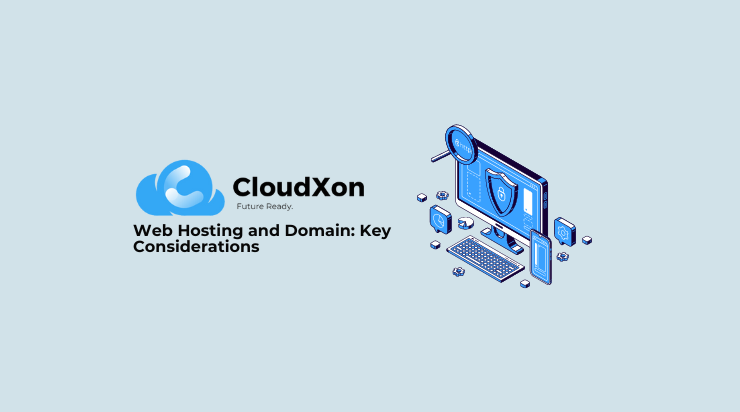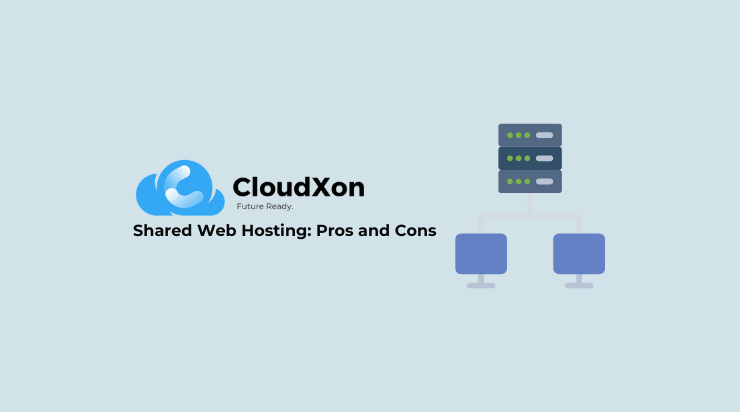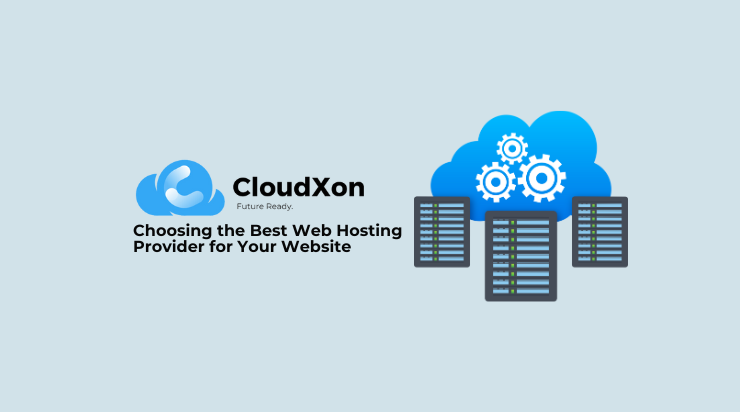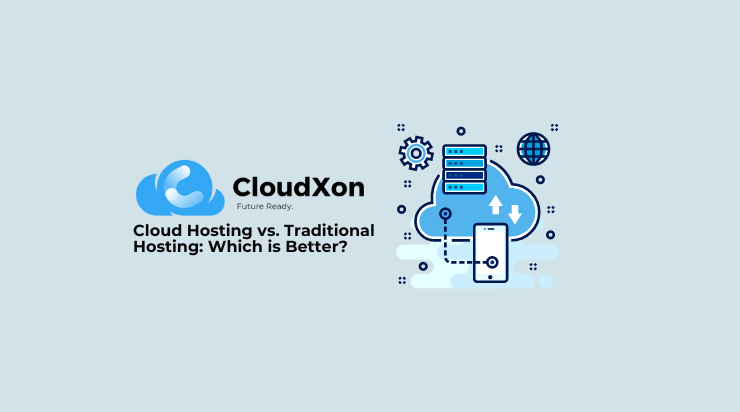Creating a website involves several crucial decisions, among which selecting the right web hosting service and domain name are paramount. These elements are the foundation of your online presence, affecting your site’s performance, accessibility, and success. This blog explores key considerations when choosing web hosting and a domain, ensuring you make informed decisions to support your website’s goals.
Understanding Web Hosting
Web hosting is a service that allows individuals and organizations to make their websites accessible on the internet. Hosting providers offer space on their servers, where your website’s files are stored and made available to users worldwide.
Key Considerations for Web Hosting
- Shared Hosting: Multiple websites share the same server resources. It’s cost-effective but can be slower and less secure.
- Virtual Private Server (VPS) Hosting: Offers more resources and greater control by partitioning a physical server into multiple virtual servers. It’s suitable for growing websites.
- Dedicated Hosting: Provides an entire server dedicated to one website. It’s the most expensive option but offers the highest performance and security.
- Cloud Hosting: Utilizes a network of virtual servers to host websites. It offers scalability and high availability, making it ideal for sites with variable traffic.
- Managed Hosting: The hosting provider handles the technical management of the server, including updates, backups, and security. It’s beneficial for those who prefer a hands-off approach.
- Uptime Guarantee: Look for providers that offer at least a 99.9% uptime guarantee to ensure your website is always accessible.
- Server Speed: Faster servers improve load times, enhancing user experience and SEO rankings. Check for SSD storage and content delivery networks (CDNs).
Choose a hosting service that can grow with your website. Scalable plans allow you to upgrade resources like bandwidth, storage, and processing power as your traffic increases.
- SSL Certificates: Ensure your provider offers SSL certificates for secure, encrypted connections.
- Firewalls and DDoS Protection: Look for advanced security measures to protect your site from attacks.
- Regular Backups: Automated backups are essential for data recovery in case of a breach or failure.
24/7 customer support is critical for resolving issues quickly. Check for multiple support channels, including live chat, email, and phone.
Compare hosting plans based on the features they offer versus their cost. Consider introductory offers and long-term pricing, including any additional costs for features like domain registration, SSL certificates, or backups.
Understanding Domain Names
A domain name is your website’s address on the internet. It’s a crucial part of your online identity and branding.
Key Considerations for Domain Names
- Relevance: Ensure your domain name reflects your brand or the purpose of your website. It should be easy to remember and spell.
- Simplicity: Short and simple domain names are easier to type and less prone to errors.
- Keywords: Including relevant keywords can help with SEO, making it easier for users to find your site.
- com: The most popular and widely recognized extension, ideal for most businesses and websites.
- .net, .org, .info: Suitable alternatives if .com is unavailable, with .org often used by non-profits.
- Country-Specific Extensions: Extensions like .co.uk, .ca, or .au can be useful for targeting local audiences.
Check the availability of your desired domain name using a domain registration service. If your preferred name is taken, consider variations or use a different extension.
Consider registering multiple extensions (e.g., .com, .net, .org) to protect your brand and prevent others from using similar names.
Be aware of the initial registration fee and the annual renewal costs. Some providers offer discounts for multi-year registrations.
Opt for domain privacy protection to hide your personal information from the public WHOIS database, reducing spam and protecting your privacy.
Integrating Web Hosting and Domain Services
Many hosting providers also offer domain registration services, allowing you to manage both your hosting and domain in one place. This can simplify management and ensure compatibility between your hosting service and domain settings.
Conclusion
Choosing the right web hosting service and domain name involves careful consideration of various factors, from performance and security to branding and cost. By understanding your specific needs and evaluating your options, you can make informed decisions that lay a solid foundation for your website’s success.
Investing time in selecting the right hosting plan and domain name not only enhances your site’s performance and accessibility but also supports your long-term online strategy. Whether you’re launching a personal blog, an e-commerce site, or a corporate website, these key considerations will help you navigate the web hosting and domain landscape effectively.
Discover Your Ideal Hosting Solution with CloudXon
Ready to choose your hosting plan? Contact us today to discuss your hosting requirements and find the perfect solution for your website.




